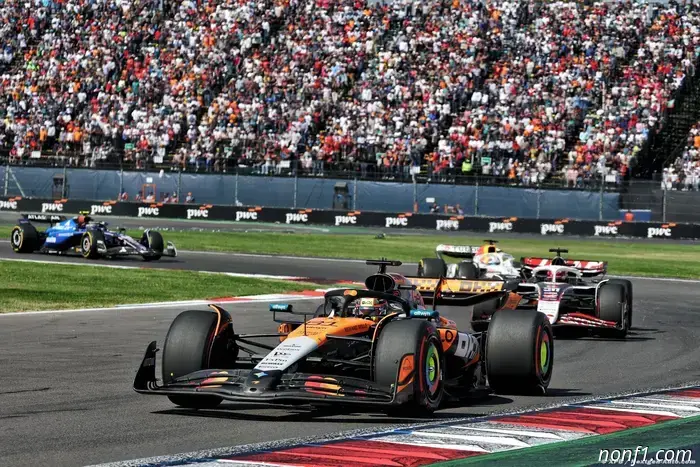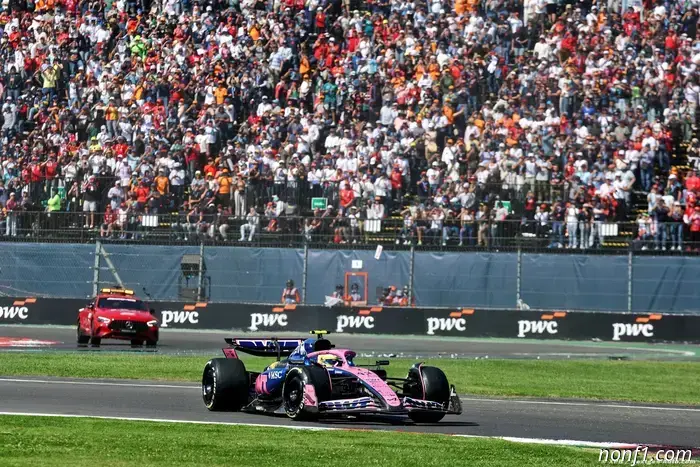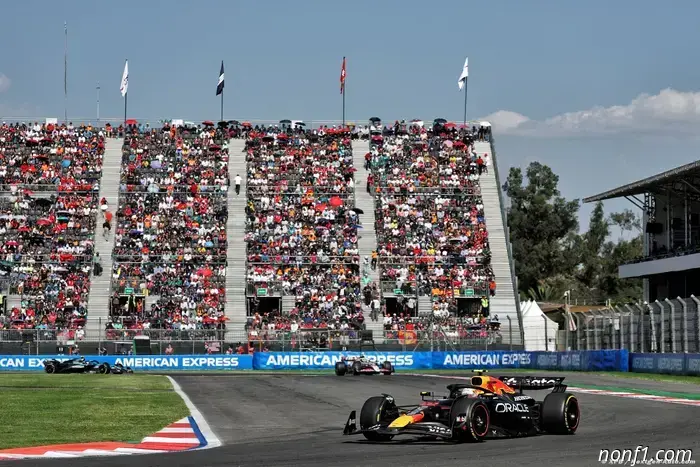
Home » Blog » What If Lincoln Had a Smartphone? In 2008, during the early stages of my writing journey, I wrote an essay for my blog that posed an intriguing question: Would Lincoln Have Been President if He Had Email? This was one of my initial efforts to understand issues like digital distraction and focus, themes that later developed into my books Deep Work and A World Without Email. Central to this inquiry was a concerning idea that struck me while watching a documentary about our sixteenth president: If the Internet diminishes our capacity to sit and concentrate without distraction, akin to the intense focus found in a Lincoln log cabin, we must pose the crucial question: Are we destined to be a generation lacking in grand ideas? In essence, if Lincoln had access to the internet, would he have been too side-tracked to become the self-made individual who ultimately transformed our nascent Republic? In that initial essay, I tended to lean towards “yes.” However, over the years, I have become somewhat of a Lincoln enthusiast, having read over six biographies about him. This exploration has led me to conclude that my initial instincts were misguided. Lincoln, certainly, didn’t face the challenges of digital technology. Nonetheless, the rugged frontier towns of Indiana and Illinois, where he spent much of his early life, presented their own analog versions of the same distractions we associate with the modern internet. These towns were rife with a relentless drive toward numbing distractions, particularly through alcohol. William Lee Miller noted in Lincoln’s Virtues, “Incredible quantities of whiskey were consumed,” and it was customary for every man to drink on any occasion. There was also the real threat of “cancellation” represented by violent mobs and numerous efforts to incite radicalism or spread hatred, exemplified by the widespread antipathy toward Native Americans, which Miller referred to as a “ubiquitous western presence” at that time. Yet, Lincoln managed to sidestep these pitfalls and significantly elevate his status. Many factors contribute to this narrative, but one is particularly notable: he honed his intellect through reading. Here are some quotes about young Lincoln from his stepmother, Sarah Bush Lincoln, who nurtured his interest in books: “Abe read all the books he could get his hands on.” “I persuaded my husband to allow Abe to read and study both at home and at school… we were careful not to disturb him while he read; we let him go on reading until he chose to stop.” “While other boys were out stealing watermelons and wasting their time, he was absorbed in his books—thinking and reflecting.” Lincoln utilized books to enhance his intellect, opening up his world and allowing him to envision new opportunities and more meaningful futures—offering a powerful alternative to the forces that sought to hold him back. Embedded within this narrative is guidance for our current era. To transcend the distracted shadows of the online world, we might, quite literally, take a page from Lincoln and strive to cultivate our minds rather than pacifying them.
"I enjoy sour candies."
Lando Norris has taken the lead in the world championship, surpassing his teammate Oscar Piastri. However, his victory at the Mexico GP was overshadowed by new allegations of favoritism towards McLaren and a chorus of boos from the audience.
The British driver’s self-described "easy" win put him just one point ahead of Piastri, whose recent dip in performance resulted in a fifth-place finish. Despite this, some Mexican spectators jeered him, suggesting he was being "handed" the title.
"I enjoy sour candies," Norris chuckled in response to whether the booing had dampened his victory. "People can react however they like. They have the right to that. I just find it amusing when I get booed – it adds to the entertainment for me."
When later questioned by a reporter about fans asking him to "return three points" that they believed he gained due to McLaren's team-order confusion earlier in the season, Norris remained unfazed. "If they want to think that, they are entitled to their opinion," he stated. "We strive to be fair. Two years ago in Budapest, I allowed Oscar to take the win he merited. It’s the same idea – I rightfully earned my position at Monza. It’s as simple as that."
For the 25-year-old, who often faces criticism for supposed mental fragility, the focus now is on maintaining composure as the pressure intensifies. "It’s one weekend at a time," Norris said. "I keep my head down, disregard the booing, and it’s proving effective. I’m concentrating on myself, and I’m content."

Other articles
 Hamilton: I'm starting to understand how to drive a Ferrari.
After qualifying third in Mexico, Lewis Hamilton spoke about the team's progress…
Hamilton: I'm starting to understand how to drive a Ferrari.
After qualifying third in Mexico, Lewis Hamilton spoke about the team's progress…
 McLaren supports Piastri as the downturn worsens.
Formula 1 | Andrea Stella asserts that Oscar Piastri's recent lack of performance is not related to issues with the car, despite rumors suggesting that the Australian's chassis might (…)
McLaren supports Piastri as the downturn worsens.
Formula 1 | Andrea Stella asserts that Oscar Piastri's recent lack of performance is not related to issues with the car, despite rumors suggesting that the Australian's chassis might (…)
 Verstappen reduces gap as competitors express frustration with FIA.
Formula 1 | Max Verstappen's podium finish in Mexico maintains his title aspirations - and although Lando Norris has taken the lead in the championship, the Dutch driver actually (…)
Verstappen reduces gap as competitors express frustration with FIA.
Formula 1 | Max Verstappen's podium finish in Mexico maintains his title aspirations - and although Lando Norris has taken the lead in the championship, the Dutch driver actually (…)
 Colapinto remains undeterred by Alpine's lack of communication regarding the 2026 seat.
Formula 1 | Franco Colapinto asserts that he is not worried about the increasing speculation regarding his future with Alpine, noting that the lack of rumors about a possible team...
Colapinto remains undeterred by Alpine's lack of communication regarding the 2026 seat.
Formula 1 | Franco Colapinto asserts that he is not worried about the increasing speculation regarding his future with Alpine, noting that the lack of rumors about a possible team...
 Tsunoda remains in the running as the decision is postponed.
Formula 1 | The future of Yuki Tsunoda in Formula 1 is still unclear, but the Japanese driver has received an important break. Following weeks of conjecture, Dr (...)
Marko: I was the only one who believed in the podium.
Red Bull consultant Helmut Marko is pleased with Max Verstappen's performance, who, after starting from fifth place, climbed onto the podium…
Tsunoda remains in the running as the decision is postponed.
Formula 1 | The future of Yuki Tsunoda in Formula 1 is still unclear, but the Japanese driver has received an important break. Following weeks of conjecture, Dr (...)
Marko: I was the only one who believed in the podium.
Red Bull consultant Helmut Marko is pleased with Max Verstappen's performance, who, after starting from fifth place, climbed onto the podium…
Home » Blog » What If Lincoln Had a Smartphone? In 2008, during the early stages of my writing journey, I wrote an essay for my blog that posed an intriguing question: Would Lincoln Have Been President if He Had Email? This was one of my initial efforts to understand issues like digital distraction and focus, themes that later developed into my books Deep Work and A World Without Email. Central to this inquiry was a concerning idea that struck me while watching a documentary about our sixteenth president: If the Internet diminishes our capacity to sit and concentrate without distraction, akin to the intense focus found in a Lincoln log cabin, we must pose the crucial question: Are we destined to be a generation lacking in grand ideas? In essence, if Lincoln had access to the internet, would he have been too side-tracked to become the self-made individual who ultimately transformed our nascent Republic? In that initial essay, I tended to lean towards “yes.” However, over the years, I have become somewhat of a Lincoln enthusiast, having read over six biographies about him. This exploration has led me to conclude that my initial instincts were misguided. Lincoln, certainly, didn’t face the challenges of digital technology. Nonetheless, the rugged frontier towns of Indiana and Illinois, where he spent much of his early life, presented their own analog versions of the same distractions we associate with the modern internet. These towns were rife with a relentless drive toward numbing distractions, particularly through alcohol. William Lee Miller noted in Lincoln’s Virtues, “Incredible quantities of whiskey were consumed,” and it was customary for every man to drink on any occasion. There was also the real threat of “cancellation” represented by violent mobs and numerous efforts to incite radicalism or spread hatred, exemplified by the widespread antipathy toward Native Americans, which Miller referred to as a “ubiquitous western presence” at that time. Yet, Lincoln managed to sidestep these pitfalls and significantly elevate his status. Many factors contribute to this narrative, but one is particularly notable: he honed his intellect through reading. Here are some quotes about young Lincoln from his stepmother, Sarah Bush Lincoln, who nurtured his interest in books: “Abe read all the books he could get his hands on.” “I persuaded my husband to allow Abe to read and study both at home and at school… we were careful not to disturb him while he read; we let him go on reading until he chose to stop.” “While other boys were out stealing watermelons and wasting their time, he was absorbed in his books—thinking and reflecting.” Lincoln utilized books to enhance his intellect, opening up his world and allowing him to envision new opportunities and more meaningful futures—offering a powerful alternative to the forces that sought to hold him back. Embedded within this narrative is guidance for our current era. To transcend the distracted shadows of the online world, we might, quite literally, take a page from Lincoln and strive to cultivate our minds rather than pacifying them.
Formula 1 | Lando Norris has assumed the lead in the world championship ahead of his teammate Oscar Piastri - however, his win at the Mexico GP was overshadowed by new allegations of (…)
